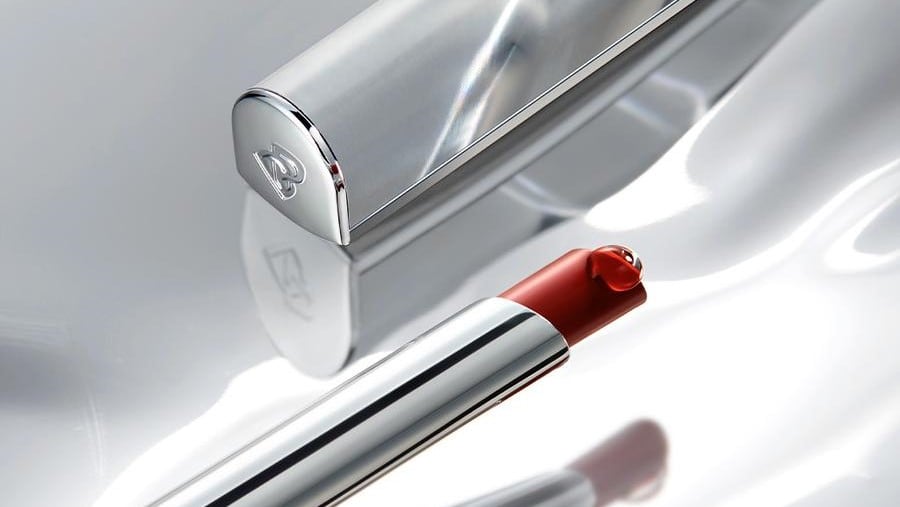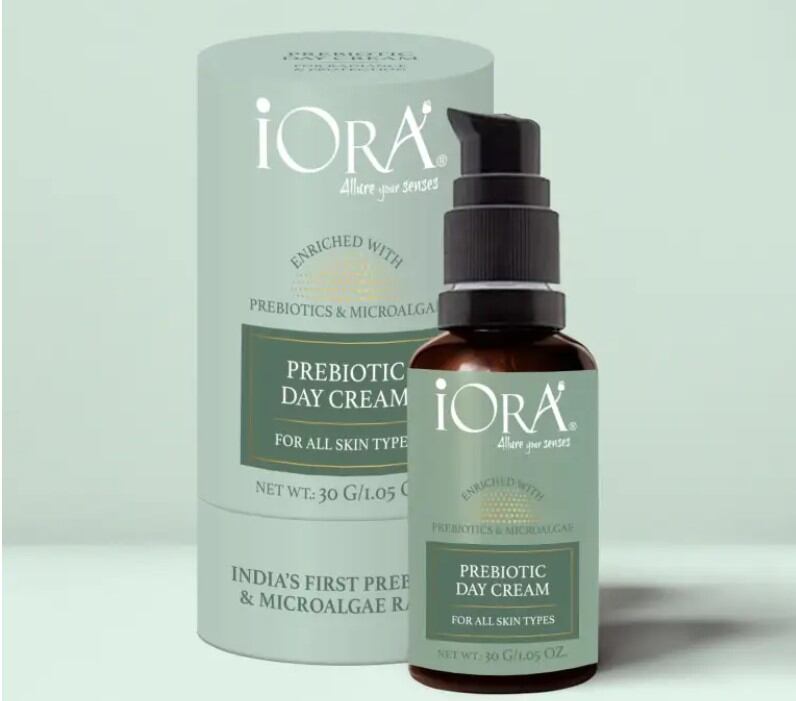While the microbiome-friendly skin care segment has expanded significantly in the past few years, most microbiome skin care products tend to target skin conditions like eczema or acne.
However, with more research coming to light about the skin microbiome, we can expect to see microbiome skin care stretch beyond treating skin conditions.
“After the gut, the human skin has the second-largest microbiome on your body,” said Julius Lim, CEO of Malaysia-based derma beauty brand, B&B Labs.
“There’s still a lot more research to be done. Initially, microbiome products were targeted at sensitive skin, acne skin. In terms of ageing, we have not seen a lot of brands talk about it. I expect there will be a lot more innovations coming out.”
He expects this to change very soon, especially since the latest research on postbiotics have indicated a lot of promise as an anti-ageing ingredient.
“Postbiotics are by-products of probiotics and a lot of these postbiotics are actually amino acids. If there is a harmonious and well-balanced skin microbiome producing postbiotics, you have naturally produced amino acids to firm, smooth and even reduce wrinkles and other signs of ageing,” explained Lim.
He added that postbiotics can also protect the skin against ultraviolet exposure, one of the leading causes of skin ageing.
B&B Labs has recently relaunched CustoMask, its series of microbiome facial sheet masks which now contain E-COLOGY PLUS+, a proprietary pre-, pro- and postbiotic botanical complex.
E-COLOGY PLUS+ was independently verified by Qima Life Sciences to support the skin microbiome and boost the growth of friendly skin bacteria by around 80%.
The previous range of 12 sheet masks was whittled down to five. Among them is the Revive mask which specifically targets sagging skin with wrinkles and dryness.
“The skin is basically made up of protein and muscle proteins are amino acids. The postbiotics that we’re using is a whole range of amino acids like valine, threonine glutamic acid, glycine – all these will help to mitigate the ageing factors,” said Lim
Lim told us that he was optimistic that consumers will be more receptive to microbiome-friendly skin ageing solutions.
He highlighted that the in light of the pandemic, skin ageing, health, and wellness have become completely intertwined and in turn has changed their perspective on skin ageing products.
“Previously, I would say products would target symptoms. But with the microbiome, we’re looking to treat the root causes. People now understand that when you target the root causes you get a more long-term result and ultimately your skin not only looks better but it feels healthier. It's about overall like skin wellness, not just cosmetic,” said Lim.
However, he acknowledged that more education needs to be done to help consumers understand yet another layer of how the skin microbiome affects our skin.
The company has produced a series of videos for its social media pages that break down the science and help consumers comprehend the skin microbiome better.





